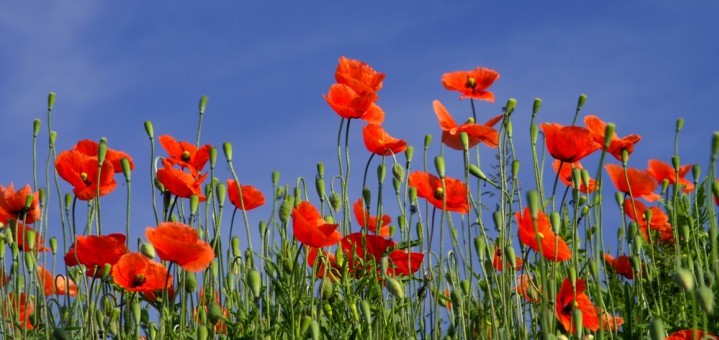An article in the New Yorker triggered off some ideas I’ve been thinking about for the past few days. It was a about an agency setting itself up to sell celebrities’ free time for huge amounts of money – as if they were empty hotel rooms.
For a self-aware person to sign up to this, they’d have to have serious problems with their sense of self-identity. As does a hotel room.
Assuming punters wanted to pay for privilege of taking afternoon tea with you (hopefully that’s as far as it would go), as the money rolled in, your self-awareness would evaporate even further. But then the bookings would evaporate, as you gained the reputation for being vacuous. Then presumably you’d lose yourself completely.
I’m told this is part of what happens to famous people anyway. The new agency will accelerate the process.
So I was then thinking about myself (!), and why I have this feeling of being Myself, separate from other people, distinct from my closest and dearest. But don’t do too much of this, as I will explain.
A strong sense of individual being gives purpose and determination. But it can also lead to feeling isolated, which is at the heart of many psychological problems, and in extreme cases can lead to suicide.
Most creative people are individuals – particularly artists. The best artists work very close to edge of things – which for them personally can mean the edge of sanity. Indeed some are only happy when in that extreme.
Strangely, the same also applies to many combat soldiers. Not that they’re insane – far from it, but that they need to be on the edge of life itself. (There’ve been several studies of risking taking amongst Service people, especially soldiers returned from operations.)
Taking this suggestion a stage further, it has been said that artistic people make the best soldiers. Two citations: SIdney Jary in his book “18 Platoon”, and London’s The Artists’ Rifles Regiment being turned into the territorial army Special Air Services’ unit. .
I’m told self-awareness is a survival mechanism, to force the organism carrying the genes to preserve itself so it can procreate. I was thinking about where that left me; duped into believing that I was an individual in order to do the business.
So, if you removed my sense of awareness, where would that leave me – as Me?
Was this “Me” concept an illusion? What kind of psychopath might I turn into if I lost it? On the other hand, might I become a sort of uber Buddhist monk person, instantly enlightened, destined for immediate reinstatement back with the Cosmic Consciousness?
The loss of self-awareness is a frightening thought. (Try It?) So much so that I can’t explore the concept as fully as perhaps I should. My conclusion is that even though it may be a survival instinct, it’s also real and very much part of what defines us a humans – and as this planets’ most successful species.
Self destruction and self-awareness are entwinned. Perhaps as with New York’s mad celebrity agency, losing self-awareness dilutes our human essence into the meaningless dross of cosmopolitan smartness.
Or in its reciprocal; the extreme self-centredness of dictatorship, where self-awareness takes over to leave only the one “Self”. Is it possible to be self-aware without taking account of others?
However… our strength as people – and as humans, comes from being able to keep our self-awareness under control. Sometimes, like the soldier ants defending the colony, our soldiers, sailors and airmen knowingly and willingly give up their lives.
But unlike the soldier ants, they do this for two very different reasons: for each other – their comrades and friends, but also for the ideal for which they were deployed. This ideal is engineered – or as we’ve seen – manipulated by politicians.
The strongest part of this ideal, certainly for British Service men and women, is their sense of duty. Whilst this will lead them to preserve themselves at the highest levels of training and physical fitness, and to fight their battles as economically and professionally as they are able, it will also at times lead them to sacrifice all that – in spite of their self-awareness survival mechanisms screaming “No!”.
They will give up their own lives, knowingly, without any thoughts of heroism or bravery. This has nothing to do with anything a politician – or even a general – might have told them.
But yet they remain intensely self-aware – which gives them their strength and (for the enemy) their terrifying capability.
The New Yorker article suggests we might have lunch with MIke Tyson, before taking a front row seat at his one-man show – all this for $50k…. What price our people? Compared to them, Tyson’s a pussy cat.

Some interesting thoughts here Hugh, very interesting. I shall book some time off for reflection. I shall also get a copy of Jary’s book, Pimlott rates it I notice. What did he think of ‘The Scars of War’? As much as I did I trust.